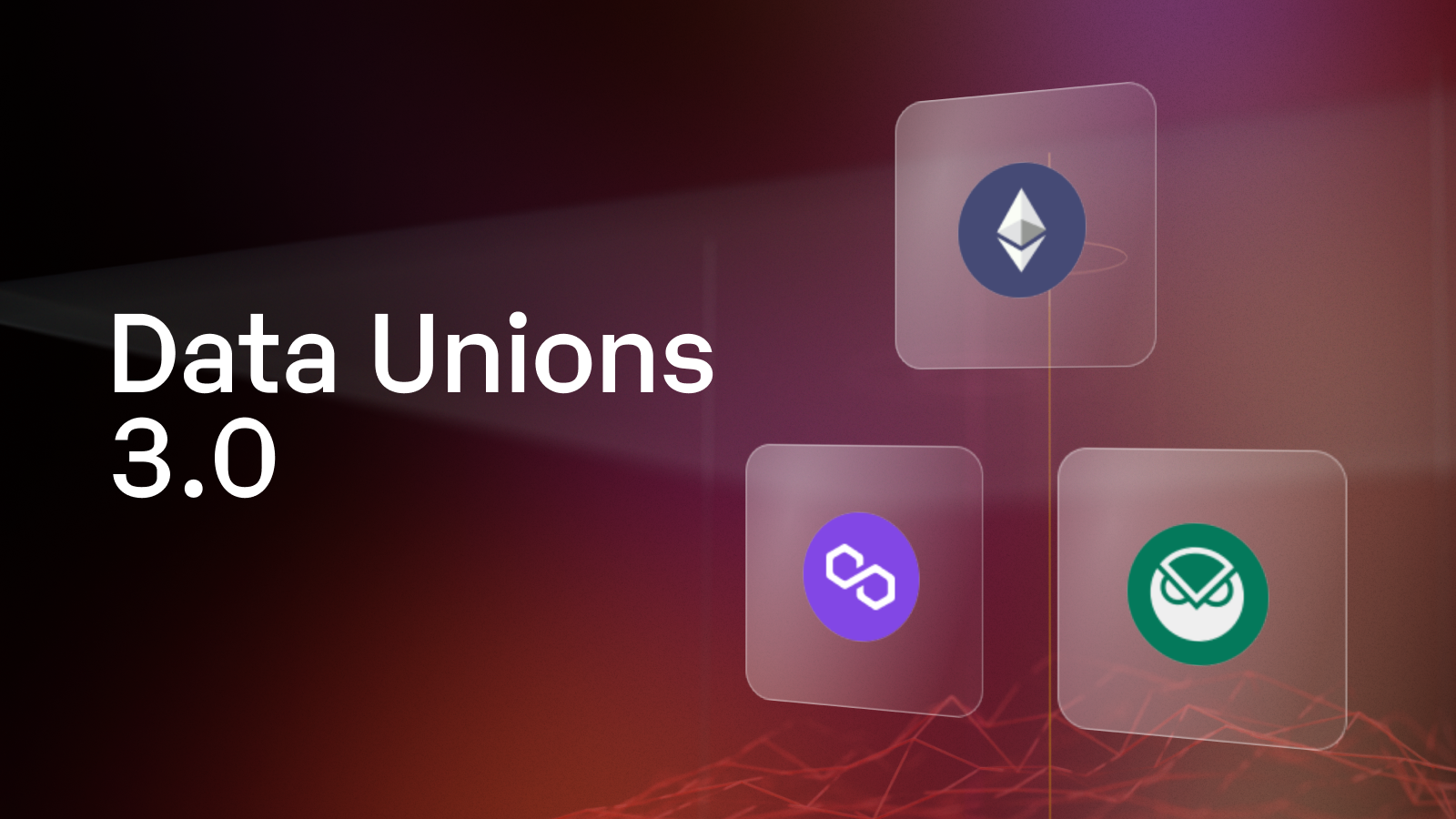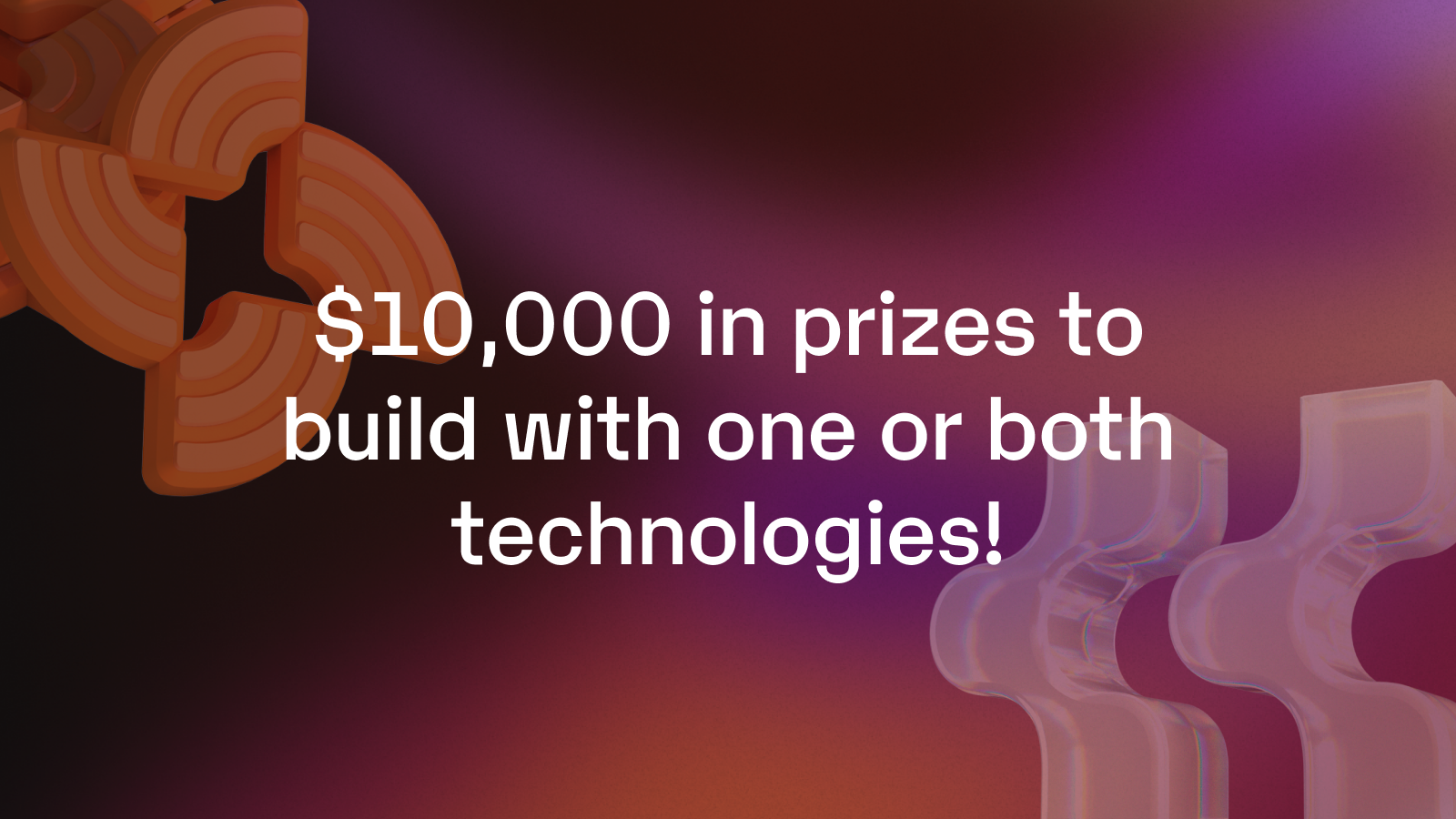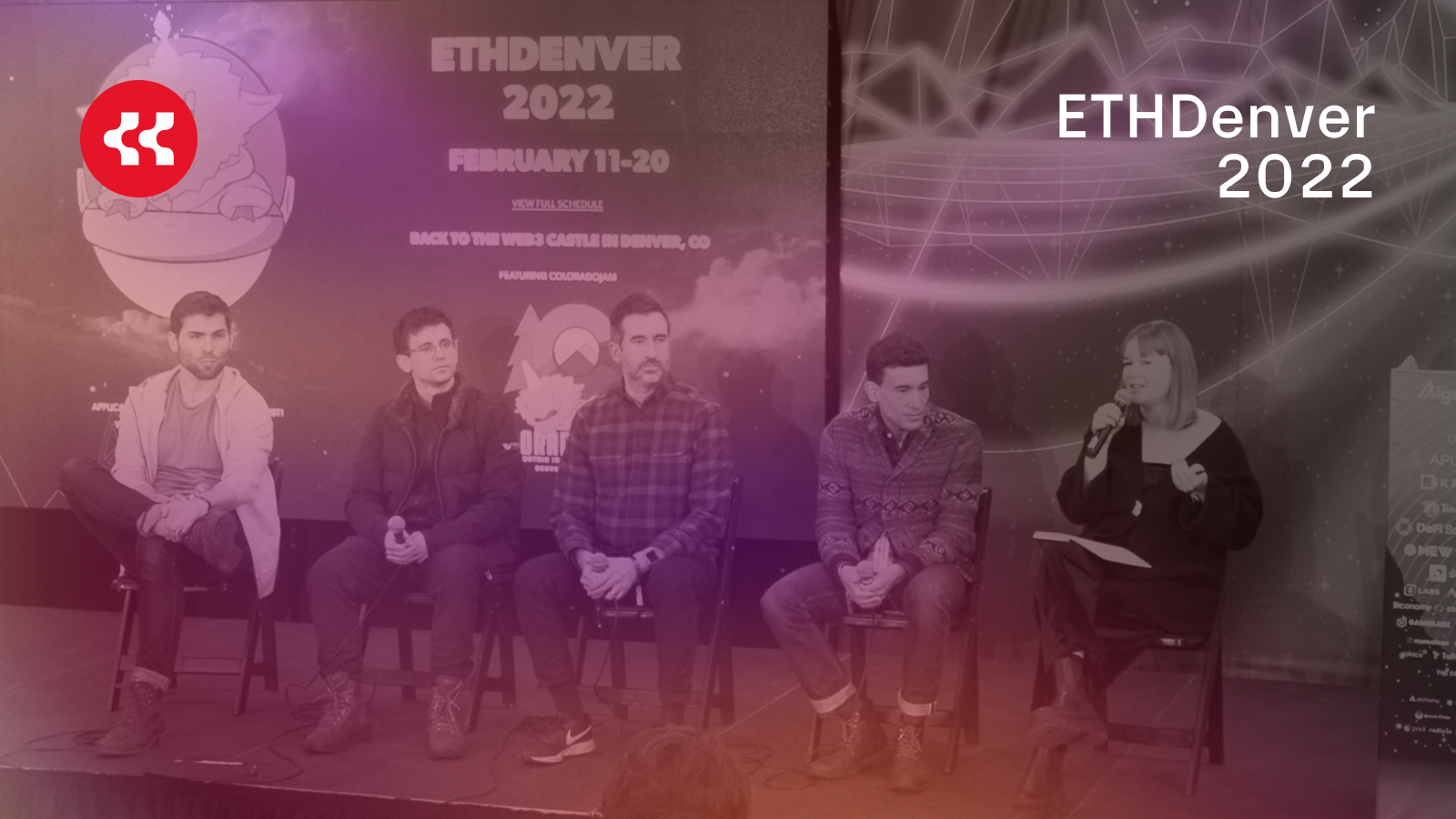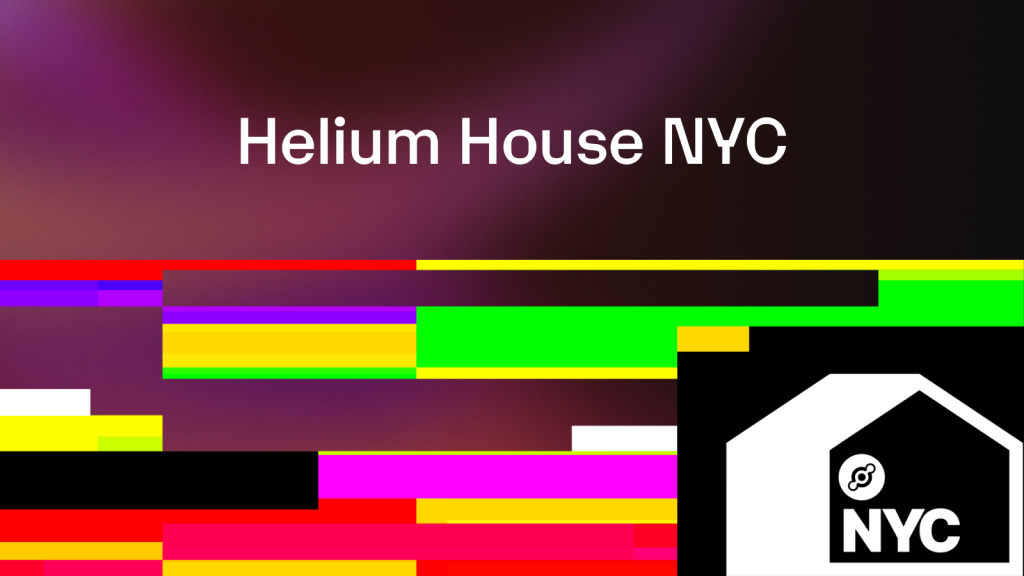
How do you incentivize the creation of real-world physical infrastructure? And what role does decentralized digital technology, like the Streamr Network and the Data Union framework, play in that?
Together with DU DAO contributor and Head of Ecosystems of Streamr, Matt Fontana, we were invited to speak at this year’s Helium House in New York City. Alongside Danny O’Brian from the Filecoin Foundation and Ariel Seidman from Hivemapper, we embark on demystifying token incentives.
Watch the panel
Panel starting at 1:56:40.”web3 represents a big paradigm shift in terms of user-owned infrastructure and the ability of users to own and permission their data” – Scott Sigel, Helium Foundation, as he welcomes the panelists to the stage. Find answers to questions like why we did decide on a token in the video.

How do you create token incentives?
Our technology, the Data Union framework, is built on Streamr Network and works in tandem with Ethereum to offer developers the tools necessary to create incentive mechanisms for crowdsourcing and monetizing user data.
The Streamr Network is used for connecting digital applications or physical IoT devices with the developers’ “Data Union” – a smart contract that crowdsources data from users in order to negotiate higher prices for data sales and other benefits for their users. The Data Union smart contract also offers payment rails that make sending micro crypto rewards to millions of users financially and technically feasible.
Users that join a Data Union become on-chain members and approve the organization running the smart contracts with the right to monetize their data on their behalf – all while retaining privacy through end-to-end encryption.
Party in the front, self-sovereign ownership of assets in the back
But wait – there is more to the tech. Not only can you now incentivize the crowdsourcing and monetization of user data. You can make using your application even more effortless by removing the friction that the wallet creation process introduces.
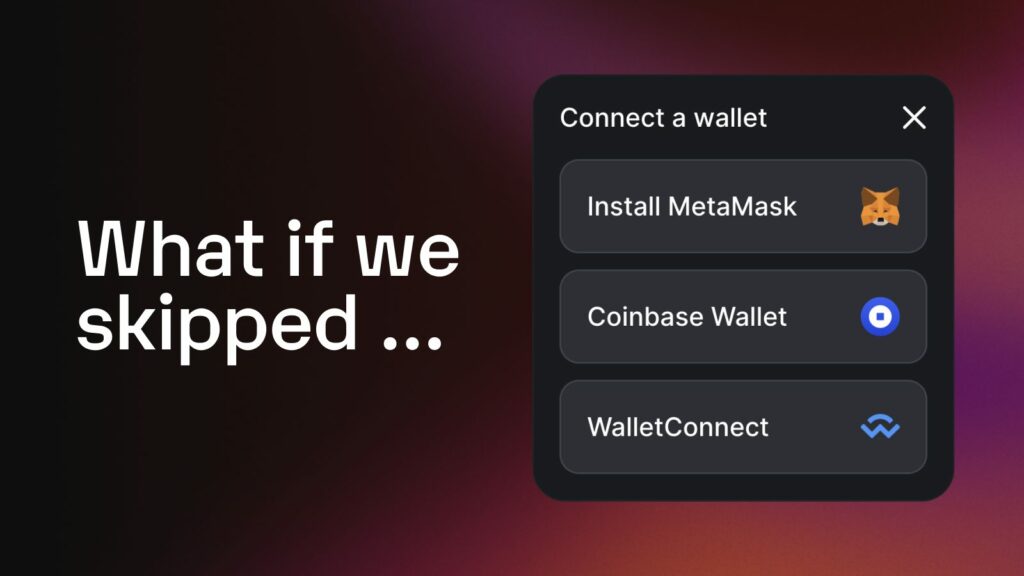
What if we skipped setting up a wallet when onboarding new users into your application while retaining the benefits for users to have self-sovereign control over their data and money?
This is possible by utilizing the Data Union DAO’s client. Automatically create a wallet per user where their private key is stored on the users device – never connecting it to the internet for security reasons.
Don’t know how to code smart contracts in Solidity? No problem. On top of the Data Union smart contracts sits an SDK written in JavaScript that enables more developers to incentivize data crowdsourcing and monetization.
DIMO is building real-world Digital Infrastructure for Moving Objects
DIMO utilizes the Data Union framework for crowdsourcing vehicle data. Alex Rawitz from DIMO presented DIMO, a user-owned mobility focused IoT platform, at TIPIN Summit. TIPIN stands for Token Incentivized Physical Infrastructure Networks which is highlighting the emergence of user owned incentive networks for building and incentivizing data crowdsourcing – an integral part of the growing new data economy.
Are you ready to join forces? Reach us via discord for any questions or sign up for our newsletter below.



